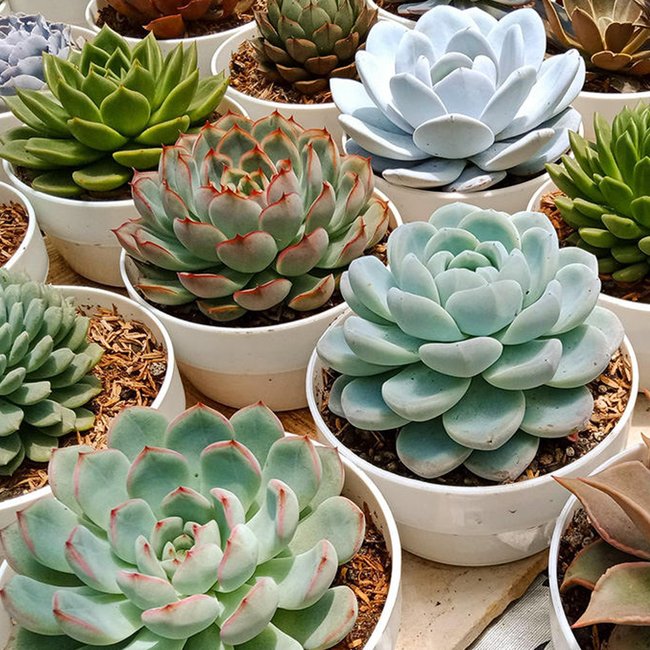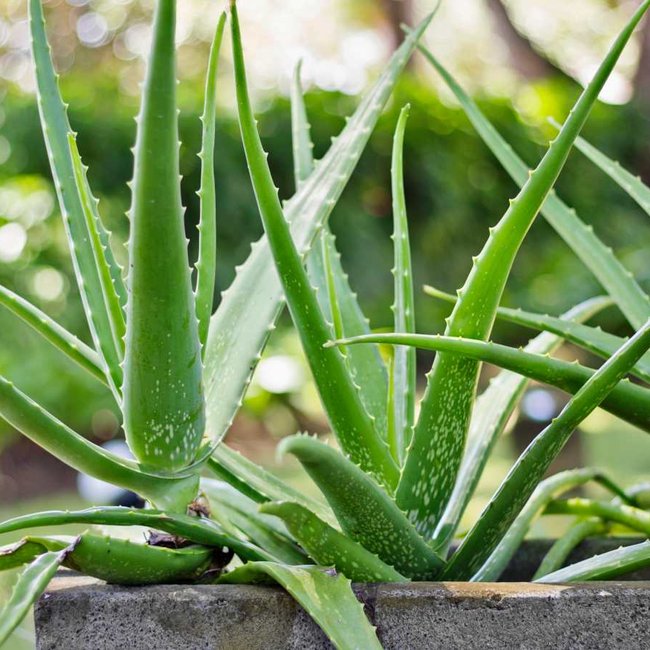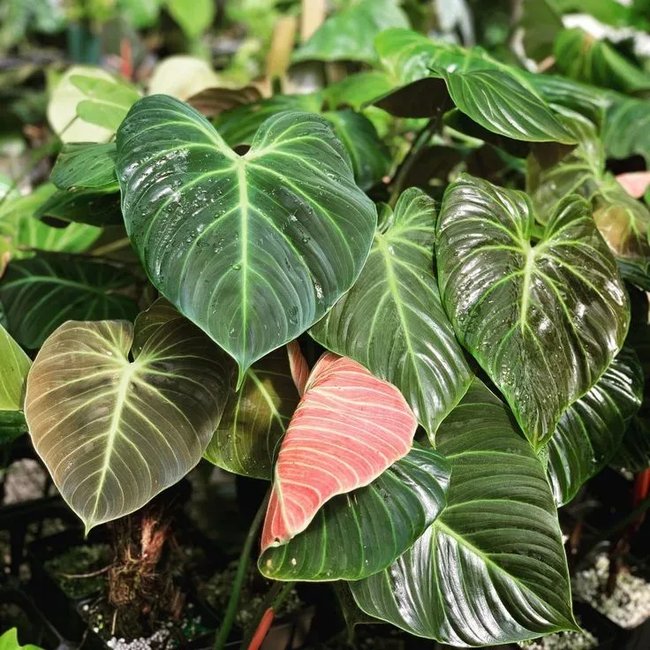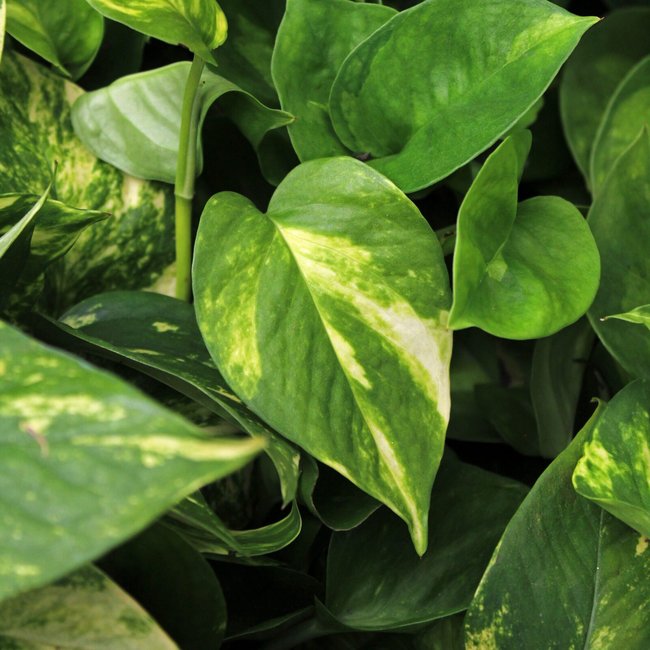Artichokes
Artichokes, scientifically known as Cynara scolymus, are perennial plants that belong to the Asteraceae family. They are an edible flower bud that is consumed as a vegetable in many parts of the world.
Classification and Taxonomy
Artichokes are classified under the genus Cynara and the species scolymus.
Description and Characteristics
Artichokes are large plants with thick, fleshy stems that can reach up to 6 feet in height. The leaves are large, lobed, and spiny, with a silvery-green color. The edible flower bud is composed of overlapping bracts, each containing a small, fleshy, purple-tinted head.
Distribution and Habitat
Artichokes are native to the Mediterranean region and are widely cultivated in warm climates around the world. They prefer well-drained, loamy soil and full sun.
Ecology and Reproduction
Artichokes are self-pollinating, and the flowers are pollinated by bees. The flowers produce a small, edible fruit that contains many small, black seeds.
Uses and Economic Importance
Artichokes are a popular food item and are eaten boiled, steamed, or grilled. They are also used in salads, soups, and sauces. Artichokes are a good source of dietary fiber, vitamin C, and other minerals.
Conservation Status
Artichokes are not considered to be threatened or endangered.
-
What are artichokes?
Artichokes are a type of thistle plant that originated in the Mediterranean region. They are cultivated as a vegetable and are highly prized for their edible flower buds, which are harvested before they bloom.
-
What do artichokes taste like?
Artichokes have a unique flavor that is often described as nutty and slightly sweet. The edible portion of the artichoke is the tender inner leaves and the heart, which have a delicate, almost buttery taste.
-
How do I prepare artichokes for cooking?
To prepare an artichoke, first remove the tough outer leaves and trim the stem. Next, cut off the top third of the artichoke and use a spoon to scoop out the fuzzy choke from the center. Once cleaned, artichokes can be boiled, steamed, grilled, or roasted and are often served with a dipping sauce.
-
What are the health benefits of artichokes?
Artichokes are a rich source of antioxidants, fiber, and vitamins C and K. They are also known to promote liver health, aid in digestion, and may help lower cholesterol levels.
-
When is artichoke season?
Artichoke season typically runs from March to May in the United States, although they are available year-round in some regions due to imports.
-
What are some popular dishes that use artichokes?
Artichokes are a versatile ingredient and can be used in a variety of dishes, including salads, dips, pasta dishes, and as a topping for pizza. Some popular dishes include artichoke dip, stuffed artichokes, and artichoke and spinach frittata.
-
How should I store fresh artichokes?
Fresh artichokes should be stored in the refrigerator in a plastic bag for up to a week. To prevent browning, you can also sprinkle some lemon juice over the cut ends. Once cooked, artichokes can be stored in an airtight container in the refrigerator for up to three days.
-
Can I eat the entire artichoke?
While the artichoke heart and inner leaves are the most commonly eaten parts, the stem and outer leaves can also be consumed after cooking. The stem can be peeled and cooked like the heart, while the outer leaves can be dipped in a sauce and scraped with your teeth to remove the tender flesh. However, the tough, spiky outer leaves and the fuzzy choke in the center should not be eaten.
10 Fun Facts About
1. Artichokes are a type of thistle. 2. The edible part of an artichoke is actually the flower bud. 3. Artichokes are believed to have originated in North Africa. 4. Artichokes are the only species in the genus Cynara. 5. Artichoke leaves have been used medicinally for centuries. 6. Artichoke hearts are a popular pizza topping. 7. Artichoke leaves are a popular garnish for cocktails. 8. Artichokes are high in antioxidants. 9. Artichokes are a good source of dietary fiber. 10. Artichokes are a symbol of good luck in many cultures.
Pun
Don't get too artichoked up about things!
Similar To
Cardoon, Globe Thistle, Milk Thistle, Sow Thistle Keywords: Cynara scolymus, Asteraceae, edible flower bud, Mediterranean region, loamy soil, self-pollinating, vitamin C, dietary fiber, antioxidants, good luck.








